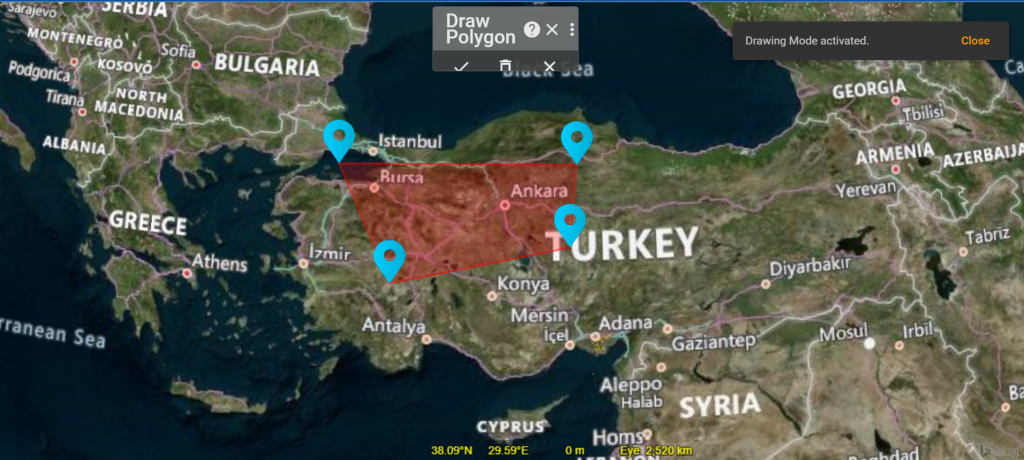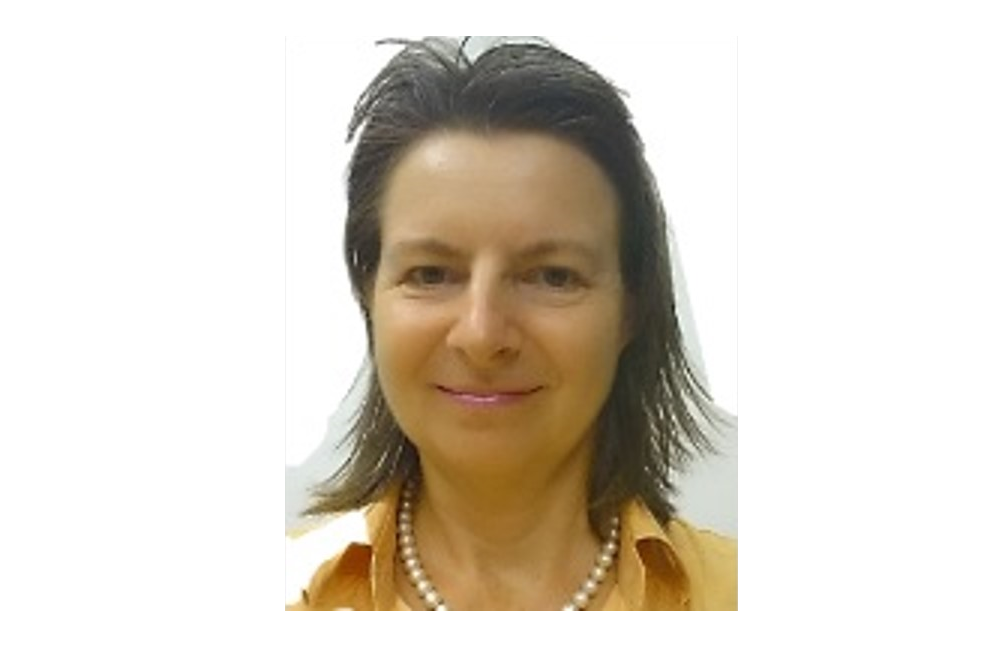Tyre and Rubber Recycling recently interviewed Elke Biechele, the CEO of Risiko Tek. A company that has its basis in corporate investigations. I doubt that we can call anything that Risiko Tec does as “run of the mill”; it is essentially a top-level financial private investigation agency.
Elke Biechele explains; “What RisikoTek does, is we are a software and services company specialising in the detection of financial crime. We are a team of anti-money laundering experts with a wealth of experience.
“We have provided our technology and services thus far to large multinational corporations, governments, bodies of government, NGOs, and also smaller corporations, and always to detect and mitigate illicit activities.
“We specialise in the identification of the person or the company that is behind the crime. It is usually crimes committed for profitability, such as counterfeiting, trade-based money laundering, smuggling, or other crimes where there is a corporation involved and shareholders. Essentially, we investigate organised crime.”
If anyone doubts whether this is relevant to the tyre recycling sector, they might want to search the Tyre and Rubber Recycling news blog for some instances.
Most recently, we have entered the field of environmental protection
Biechele continued; “Organised criminals work like normal companies. We also do due diligence. And that is something everyone should get involved with. If you enter into a new business arrangement, you have a new business partner, or you decide to make some investments with somebody. It would be best if you always did the due diligence into who they are and what other partners are involved in.
“It is also good. If you have a supply chain, some companies have maybe 20,000 suppliers; then you should also monitor your supply chain frequently and carefully. In particular, in light of recent events, when there are wars and sanctions. This is what we specialise in. And most recently, we have entered the field of environmental protection. Hence, we have decided to use artificial intelligence and machine learning to analyse satellite imagery.
We have now created a solution. We call it the Space Detective that uses AI to identify tyre or plastic waste sites from space. This tool can cover areas anywhere worldwide as long as there is satellite image recovery. We can use our AI models and detect the tyre sites. Then we built an easy-to-use web application tool through which users can detect and regularly monitor things like tyre sites or recycler sites, decide on the area of interest and even go back in time to see historical data. Going through10 years of data, it is possible to see the development of how a site arose.”
Waste is a huge problem; hardly a day passes without one news agency or another carrying a story about plastic waste. Tyres are a little bit less of a public issue as they tend to be out of sight, rather than clogging exotic beaches and rivers as plastic does. Nonetheless, tyres remain a huge waste issue and will do for many years to come. That very situation attracts people into the sector.

The recent Interpol report showed that organised crime was involved at various levels
Biechele continues; “Despite the huge investment in the collection, and the recycling schemes for tyres over the past decades, tyres and other wastes are still being disposed of illicitly. So, I think the challenge is far from over. And in particular with tyres, they can catch fire, and they can burn for years, and they can harm our environment tremendously. With climate change, we think that this area, in particular, is very pressing. We wanted to find an effective solution, where we can monitor large areas, and with very few people, to keep the costs down, and monitor very effectively and find those sites before they become a danger to the environment.”
The recent Interpol report showed that organised crime was involved at various levels. And part of the problem is fraudulent documentation. The initiator of the waste stream, the tyre retailer, in our case, may well see paperwork that says the tyres are going through a licensed carrier, they are going to licensed processing plants, or in Europe, they are going through the EPR agencies. However, once the waste leaves the retailer, it can go anywhere. There are issues with waste that has been written off as being dealt with when it actually has not been. Is that the sort of area where RisikoTek could have influence?
“That is exactly our sweet spot,” says Biechele. “That is what we are hoping to do when we find these illicit sites, that we would also be able to help with the investigation to see who is behind it.
“There’s a starting point because usually land is owned by somebody. That is where we would start. Then there would be investigations on the ground and also in cyberspace of the digital footprint these people leave. We can track who is involved, what other companies they have, and what shareholders and directors they have. They may have lots of legitimate businesses, which is typical to commingle into disguising organised crime. The criminals always have to dump the waste somewhere, so they need a contract with the landowner or perhaps bribe someone in the local government. And we can work backwards, and hopefully, law enforcement in the respective area would take care either internationally, or in the country of origin that has solid recycling policies in place and laws, and a stronger enforcement.”
The technology could be advantageous in countries with large land masses, such as Australia
There are numerous potential markets for this technology in waste management and control. In Europe, where there is primarily well-managed EPR in place, it could be used to monitor existing sites to ensure that they are not growing beyond their limits. The technology could be advantageous in countries with large land masses, such as Australia, which also happens to have some large tyre dumps in its mining areas. Of course, the most significant markets are potentially in those nations still developing end-of-life tyre management schemes, where there is a need to identify historical dumps in remoter areas, perhaps.
“We were looking to sell this to municipalities in particular and also in developing countries or anyone who has contracts with developing countries. Those operations might be earlier in their recycling journey but may not have stringent enforcement.
“Even countries with solid EPR schemes would be best placed to increase productivity and effectiveness and lower the cost of surveillance and monitoring. So, we call our tool the space detective. They could also use our Space Detective to monitor legitimate sites and see how they function. Then we could go as far as looking at performance statistics on the development; are they oversubscribed, for example, and there are many schemes in place where one country pays to get rid of the tyres, and the next one pays to take those tyres.
“For those with EPR schemes, which would be very applicable. It could help to increase effectiveness, it is also a little bit safer, because they can sit in their own office and survey the world. The AI finds the site, and it is safer to see something illicit from your office in your own country than going in person.”
The UK and I believe all European states have something similar: an Annex VII document. When tyres are exported to a third country, the final user of those tyres is supposed to complete and return to the UK Environment Agency an Annex VII, but this does not happen. It seems to Tyre and Rubber Recycling that the skills of RisikoTek and the Space Detective tool could be used to track consignments to identify where they end up being used or disposed of. Is that a possibility?
“We could potentially do that. There is the identification of the known tyre sites which we could monitor, and there is the identification of new ones. We could probably use other contextual data and the available databases that track ships; we could put it together from when the truck leaves the tyre site, where the shipment goes on to a ship and where the ship then delivers it. This kind of analysis we can do. And that is, again, our sweet spot because we have subscribed to some 20 different databases and large-scale databases that are publicly accessible; they just cost money, but it is all legitimate official data. We can puzzle it out from there.”


















